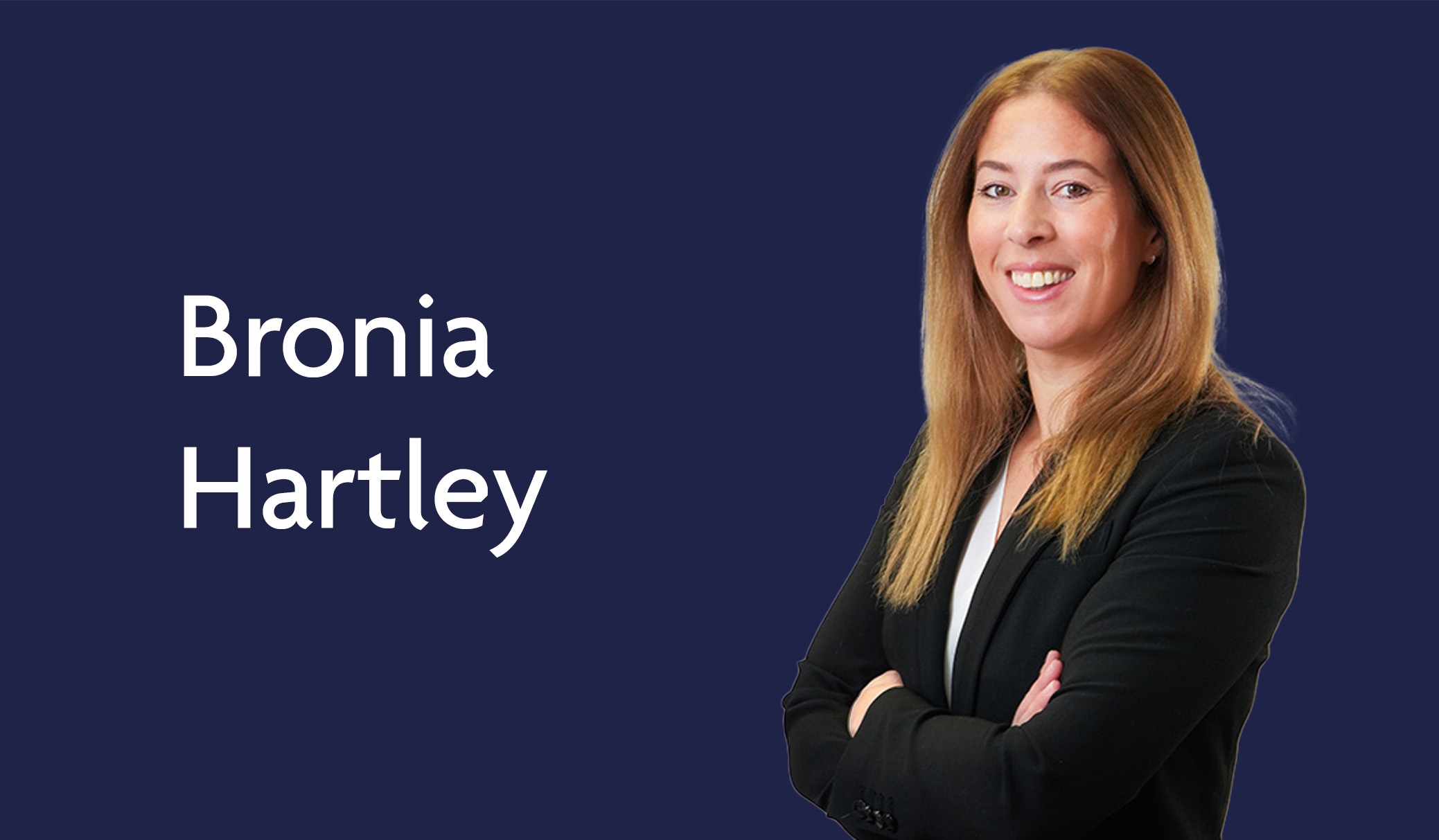Pawley v Whitecross & Others – the Court of Appeal consider whether a Claimant can be compelled to sue a party against their wishes
 Dentist, Doctor, Hospital, Office, Medical
negligent treatment dental
Dentist, Doctor, Hospital, Office, Medical
negligent treatment dentalWritten by Sophie Watson
In the case of Jade Pawley v (1) Whitecross Dental Care Limited (2) Petrie Tucker and Partners Limited [2021] EWCA Civ 1827 the Court of Appeal recently allowed the Claimant’s appeal and found that it is not permissible to add a party as a Defendant against the Claimant’s wishes, unless the circumstances are exceptional.
Facts
The Claimant was a patient at the Defendants’ dental practice between 2012 and 2018. During this period, she was treated by 4 different dentists that she alleged had provided negligent treatment.
The Claimant issued proceedings against the Defendants, but not against the individual dentists, alleging that the Defendants’ owed her a non-delegable duty of care and were vicariously liable for the actions of the dentists.
The Claimant did not request permission to join the dentists as Defendants. The Defendants’ applied to add the dentists under CPR Part 19.
First Instance
The Judge held he had the power to join the dentists as Defendants under CPR Part 19.5 (as limitation had expired).
The Court considered the case of In re Pablo Star Ltd [2017] EWCA Civ 1768, [2018] 1 WLR 738 at [60] wherein the Master of the Rolls decided that there were ‘two lodestars’ in considering whether it was necessary to join a new party. Firstly, whether their rights may be affected by the decision in the case and, secondly, the overriding objective. She disregarded the reasoning of Coulson LJ in Milton Keynes Council v Viridor [2016 EWHC 2764 (TCC), [20166] 6 Costs LR 1041, which indicated that the court did not have the power to join a party as a Defendant in circumstances where the Claimant opposes the joinder.
The Judge held she did not have to consider whether the Claimant consented to the addition of the dentists but rather the two ‘lodestars’ identified in Pablo Star. The Judge found that the decision would impact upon the rights of the dentists and that, if the Claimant lost on the primary issues of the existence of a non-delegable duty and vicarious liability, she may then seek to bring an action against the dentists or her legal advisors. Ultimately, it was held as necessary to join the dentists as Defendants.
First Appeal
On appeal, the Judge again considered the case of Viridor and found that Coulson LJ’s dictum in respect of not adding Defendants against Claimants’ wishes was not binding.
The Judge found there was no jurisdictional bar to adding a party against the will of the Claimant, as noted at CPR Part 19.2.1. It was further decided that the provisions under CPR Part 19.2(2) did not apply because this case fell within CPR Part 19.5. Therefore, the parties seeking joinder did not have to meet the criterion that it was ‘necessary’ to add the dentists as a party.
It was held that the Court is entitled to take into account all the circumstances, including the overriding objective and the issues of delay and wasted costs if the claim was unsuccessful and second claim was brought.
The appeal was dismissed.
Second Appeal
The Claimant appealed the decision on two grounds:
- The Court had failed to give any, or any adequate weight, to the statement in Viridor that the Claimant could not be forced to bring proceedings against Defendants and become liable for their costs; and
- The Judge wrongly conflated the issues of ‘necessity’ and ‘necessary’ in that he imputed a wider power under CPR Part 19.5(4) which relied upon ‘all the circumstances, including the overriding objective’ to allow the joinder of the dentists.
The Claimant succeeded on ground 1.
The Court endorsed Coulson LJ’s decision in Viridor, although clarified that the rules are wide enough to allow a Defendant to be added where the Claimant opposes. However, it would still be wrong in principle for the Court to exercise this power. The Court further set out that this principle is not limited to cases where the Claimant would be potentially held liable for the Defendant’s costs.
The Court stated a person who is competent to litigate is entitled to decide who they will sue and as to what cause of action they will pursue. They found there was sound reasoning why the Claimant had chosen to sue the Defendants even if it means she is exposed to a greater risk of not succeeding.
The Court highlighted that the Defendants had an alternative route of issuing CPR 20 proceedings against the dentists.
It was acknowledged there may be exceptional circumstances in which a party is joined as a Defendant against the Claimant’s wishes.
In determining the issue of ground 2, the Court noted that there was no threshold set out under CPR Part 19.5(4) as to whether it was ‘desirable’ or ‘necessary’ to add a party. However, no findings were made on this matter given ground 1 had succeeded.
The Court did state that they had applied the threshold test of desirability which included taking into account all the circumstances and application of the overriding objective. They found this was not satisfied in this case.
Comment
Generally, future applications under CPR Part 19, without consent of the Claimant, are unlikely to succeed unless the circumstances are exceptional. CPR Part 20 will continue to offer a route by which Defendants can proceed for contribution/indemnity.
In Pawley, the claim will now proceed against the original and intended Defendants.
The appeal against the decision made in Hughes v Rattan [2021] EWHC 2032 (QB), on non-delegable duty and vicarious liability in the dental context, will likely impact upon the eventual outcome in Pawley.
The full judgment in Pawley can be found at www.bailii.org [2021] EWCA Civ 1827
Author
Sophie Watson is a pupil barrister currently undertaking a pupillage with Parklane Plowden Chambers.
Parklane Plowden Chambers offer specialist pupillages based within either our Civil & Employment teams, our Family Team or our Commercial and Chancery teams. We also have pupillages based in Leeds or Newcastle, with the opportunity to spend time in each of our bases.
Please click here to read more if you are interested in applying for Pupillage at Parklane Plowden.










